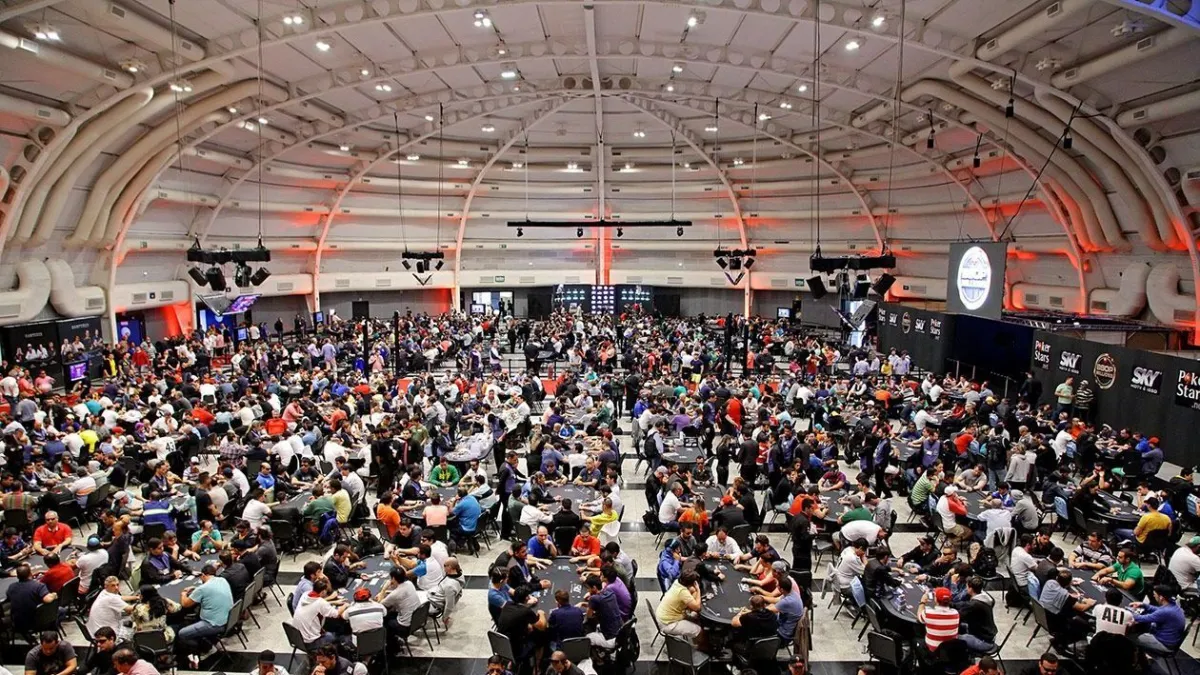Poker has had many homes: dusty saloons, Mississippi riverboats, casinos with thick carpets and half-lit ashtrays.
Today, it lives on a 14-inch screen — broadcast live from a bedroom with a ring light and emojis exploding in the chat.
The dealer is now digital. And the new croupier is called a streamer.
Where poker was once a silent game — eyes doing the talking, hands trembling with tension — it has now become a show.
With every click on Twitch, YouTube, or Kick, a new audience tunes in — curious, captivated, often new to the game.
And leading them isn’t a bracelet-wearing pro, but a content creator who plays, chats, teaches, and reacts — all at once.
♠ From Cards to Storytelling
A streamer isn’t just a player. They’re a host, an editor, a coach, a comedian.
They explain what a range is, justify a tough fold, comment on the last hand while watching 12 opponents — all while keeping the charisma flowing like they’re talking to an old friend.
It’s this ability to turn poker into storytelling that’s changed the game.
Brazil’s Rafael Moraes, the Netherlands’ Lex Veldhuis, America’s Mariano, and many others have built communities where viewers don’t just watch — they cheer, learn, and connect.
It’s as if, for the first time, poker stopped being an exclusive club and became an open living room — with a sofa and snacks.
♦ Education, Empathy, and Entertainment
The impact of streamers goes far beyond viewership numbers.
They are democratizers of poker knowledge.
In the past, learning the game meant hours with dense books or expensive coaching sessions. Today, a well-run live stream can teach you concepts that were once locked behind paywalls.
They also humanize the game. They show the frustrating side — the mistakes, the bad beats that could make anyone slam a keyboard. And in that honesty, they build empathy.
Many also speak out about mental health, addiction, burnout, and emotional swings.
In the hands of streamers, poker stops being just a money game — it becomes a space of care, vulnerability, and community.
♥ Poker as Culture, Not Just a Game
What streamers are doing, ultimately, is rewriting poker as a cultural language.
They build memes, sell merch, create catchphrases, inspire young players.
They’re on TikTok, Discord, and podcasts. They host meet-ups, raise funds for charity, tell stories.
They’re turning poker into a shared lifestyle.
And maybe that’s the greatest trick of all: transforming such a solitary game into a collective experience.
Because behind every all-in on stream, something much deeper is happening — people are connecting.












